Cobweb houseleek (bare rooted)
- The box comes with 1 cobweb houseleek plant as bare rooted
- Without soil and without pot
- Unique succulent plant with natural cobwebs
- Easy to grow
- Easy to propagate
- Estimated Delivery : Up to 5-7 business days
- Free Shipping On all orders over ₹399
Cobweb Houseleek (Bare Root): A Hardy Succulent with a Unique Webbed Charm
The Cobweb Houseleek (Sempervivum arachnoideum) is a fascinating succulent plant that makes a unique addition to any garden. The Cobweb name comes from its rosette-shaped leaves covered in fine, white webbing, resembling a spider’s web. The hardy nature makes it a perfect addition to your rock gardens, container displays, and alpine landscapes.
- Grows Low and Spreads: Reaches about 3-5 inches tall and forms clusters over time.
- Blooms in Summer: Produces star-shaped pink or red flowers before the main rosette dies (monocarpic cycle).
Cobweb Houseleek Benefits
- Unique Webbed Look: The delicate “cobweb” filaments and the rosette-shaped leaves make it stand out in any collection.
- Thrives in Harsh Conditions: Extremely drought-tolerant and survives poor soil.
- Cold-Hardy & Resilient: Cobweb Houseleek can withstand freezing temperatures, making it ideal for outdoor gardens.
- Low Water Requirement: As it stores moisture in its leaves, it requires minimal watering and can go on days without watering. The real struggle is to not over-water it.
- Natural Pest Repellent: The plant’s thick leaves deter common pests.
- Blooming: While Cobweb Houseleek does bloom, it is monocarpic. This means that the other rosette dies after flowering and the new offsets replace it.
Cobweb Houseleek Care
- Sunlight Needs: Prefers full sun to partial shade. At least 5-6 hours of direct sunlight ensures strong growth and vibrant webbing.
- Watering Routine: Water sparingly, about every 10-14 days, letting the soil dry out completely between waterings. Reduce watering in winter.
- Soil & Drainage: Requires gritty, well-draining soil. A mix of cactus soil, perlite, and coarse sand prevents root rot.
- Temperature & Hardiness: Can tolerate -20°C to 30°C, making it ideal for both hot and cold climates. Protect from excessive rain to prevent rot.
- Propagation: You can propagate the Cobweb Houseleek by either separating small rosettes from the mother plant and replanting them in dry soil or by growing them from seeds. However, it is a slower process compared to the offset.
Extra Care Tips:
- Avoid high humidity; too much moisture can cause rot.
- Remove dead rosettes after flowering to encourage new growth.
- If growing indoors, place it in a well-ventilated area to prevent fungal issues.
FAQs
- Why does my Cobweb Houseleek lose its webbing?
- Insufficient sunlight can reduce webbing. Place it in brighter light to enhance its appearance.
- Is Cobweb Houseleek cold-hardy?
- Yes! It can survive freezing temperatures down to -20°C.
- Why are my succulent plants turning mushy?
- Over-watering or poor drainage can lead to root rot. Let the soil dry out completely before watering again.
- What pests should I watch out for in my succulent plant?
- Aphids and spider mites can sometimes infest the plant. Use neem oil or insecticidal soap if needed.
| Weight | 0.2 kg |
|---|---|
| Dimensions | 16 × 11 × 13 cm |





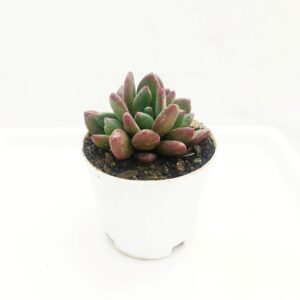
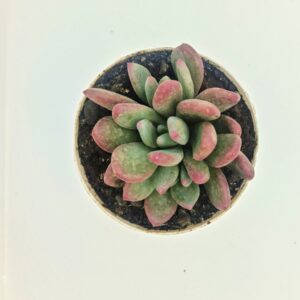
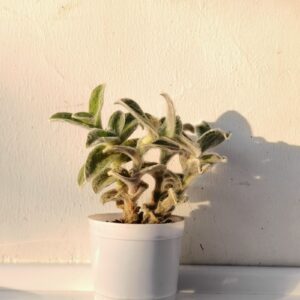
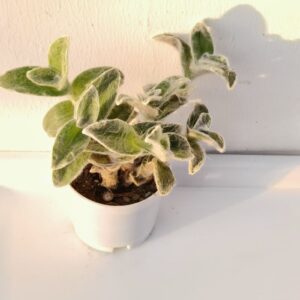

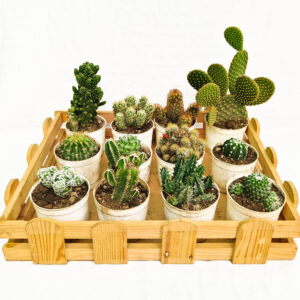
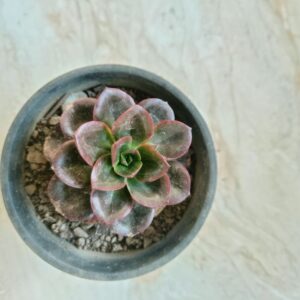

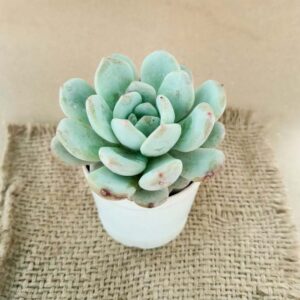
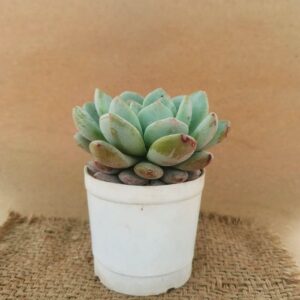
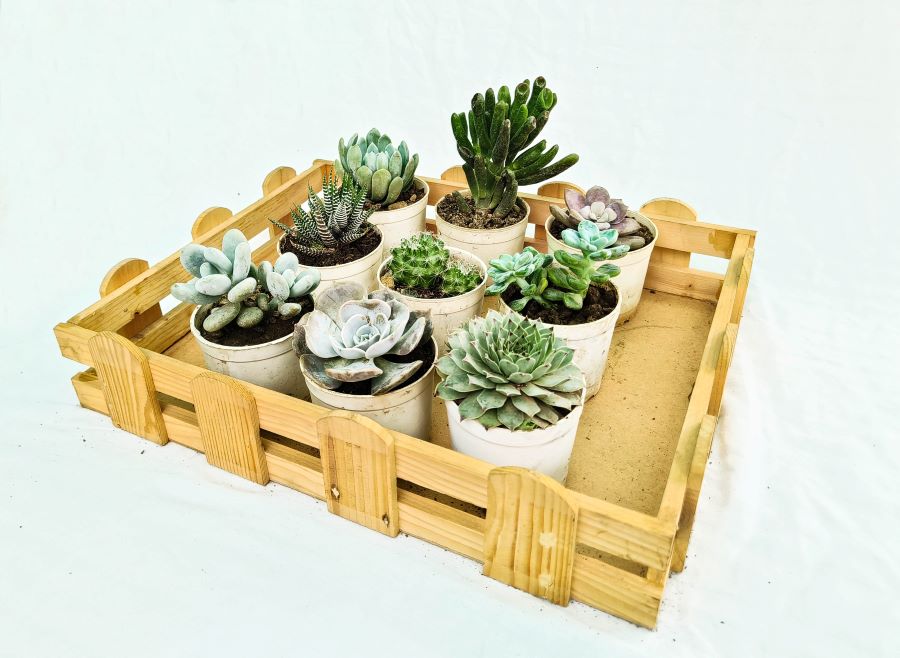

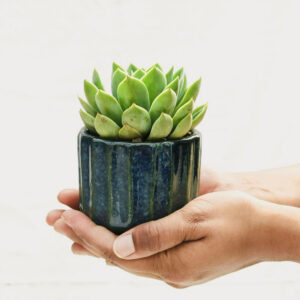
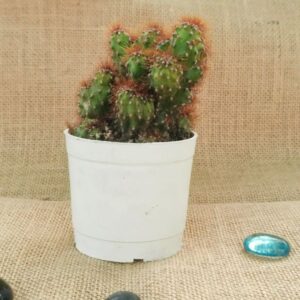
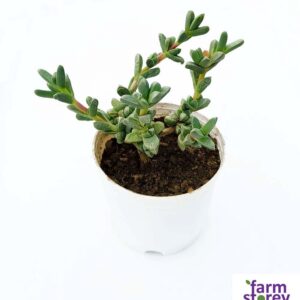
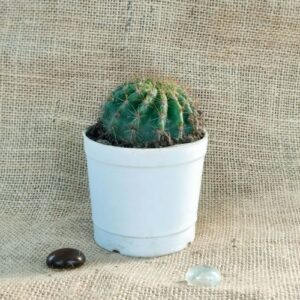

 Variegated Kiwi (Bare Rooted)
Variegated Kiwi (Bare Rooted) 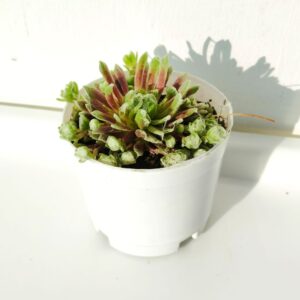
Reviews
There are no reviews yet.